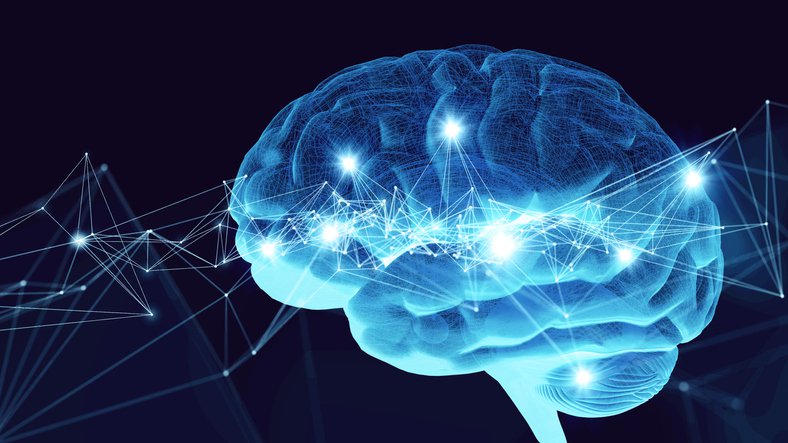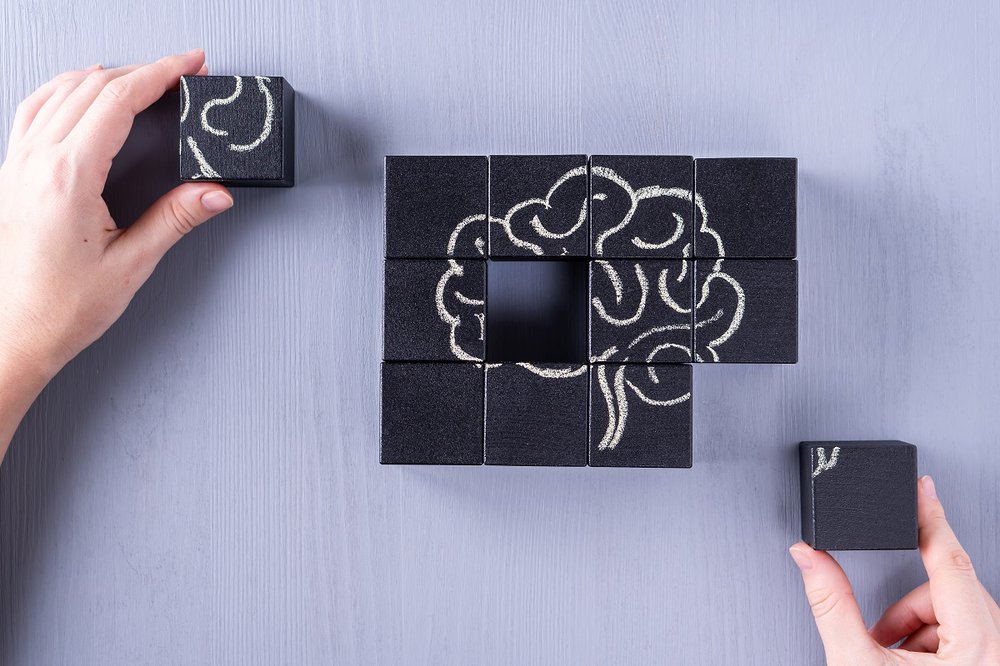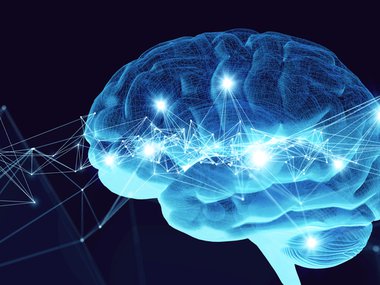Question Your World: How Does the Brain Keep Memories?
We know more about the surface of the moon than Earth’s oceans and we know even less about the human brain, but a recently published study from Cal Tech is helping us put together a few pieces of the huge puzzle that is the brain. One of the biggest issues in our lives is our memories. How does the brain keep memories?
You know how some things are easy to remember, like the way to the grocery store, but other things are more difficult, like the name of the person you met last week while out at a coffee shop. Why is it that some memories are stronger than others? That's exactly what this team of researchers looked into, to better understand the brain’s ability to keep some memories, while rapidly losing others.

Image credit: Getty Images
For starters, the human brain has about 100 billion neurons grouped into lots of different parts that do lots of different things. While you experience life, some of these neurons are responsible for encoding your memories. Other parts of the brain do other things; for example, the amygdala processes emotions, the auditory cortex processes sound, and so on. However, the part of the brain that these researchers dug into was the hippocampus, which is responsible for consolidating short-term memories into long-term ones.
Turns out in this part of the brain, stable long lasting memories are encoded by large groups of neurons all firing together at the same time. Memories that are quickly lost, however, are encoded by much smaller groups of neurons firing together. This particular research was on just the hippocampus and is a very small piece of the puzzle, but since memory as a whole involves many other parts of the brain, this new info can now allow scientists to ask many more questions. For example, how is memory encoded in other parts of the brain like the amygdala or auditory cortex?

Image credit: Getty Images
These findings are also very important to researchers studying Alzheimer’s disease, a debilitating and lethal form of dementia and the 6th highest cause of death in the United States. This research could help reveal new paths to better understand Alzheimer’s, wherein the early stages of the disorder, the hippocampus is drastically damaged. Perhaps there is a connection between a patient’s loss of memory and the loss of neurons available to work together in the damaged hippocampus.
What scientists do with this new knowledge could be beneficial for ongoing Alzheimer’s research initiatives, help us better understand how memory works, and lastly help us better understand how memory works!


